In Luke 19 we find an essential, highly suggestive description of one of Jesus’ direct encounters with those intrigued by His preaching. On entering the city of Jericho swarming with people, the Master sees Zacchaeus, the chief tax collector and a wealthy man on top of a sycamore-fig tree. Being short, Zacchaeus had climbed the tree to make room for himself among the crowd and be able to see the Lord. Luke says that when Jesus got there, He looked up, saw Zacchaeus and, calling him by his name, said to him: “Zacchaeus, come down immediately. I must stay at your house today.” Zacchaeus came down soon and received Jesus with great joy, among the murmur of the crowd who blamed Jesus for paying a visit to a notorious sinner. What is most striking about this well-known passage is Jesus’ anti-conventional attitude, His intention to choose His followers from among those who were mocked, scorned and lived on the outskirts of existence. But what is most surprising is also the logic underlying this personal encounter: calling somebody by his name, establishing an individual relationship with him, drawing him into the circle of his followers to turn him into an announcer of change and inner transformation.
After heeding Jesus’ call, Zacchaeus will not be the same anymore: he will give half of his possessions to the poor and pay back four times what he had stolen.
Jesus’ encounter with Zacchaeus is among the passages featuring in I want you. Chiamata e missione, l’avventura dei Dodici continua (“I want you. Call and Mission, the Adventure of the 12 Apostles Continues”), which a leading Italian pedagogist and anthropologist, Maria Rosa Poggio, has written for the Vatican Publishing House.
It is a book of great interest which significantly came out in the middle of the celebrations for the Year of Faith; it is intended to remind Christians of the meaning of their vocation.
Even nowadays, in fact, Jesus calls His young apostles by their names, entrusting them with a precise mission. He says: “It is just you that I want, I want you!”
The text is a collection of some of the best-known passages from the Gospels and the Old Testament dealing with the vocational call and the entrusting of a mission. The book is designed to make it easier to read, using different colors: blue, yellow and green, a clear allusion to the national colors of Brazil, the country which was host to the 28th World Youth Day in late July, the event that brought together in Rio de Janeiro young people from all over the world. The 28th World Youth Day, the first celebrated by Pope Francis, was also his first intercontinental journey since his election as Bishop of Rome.
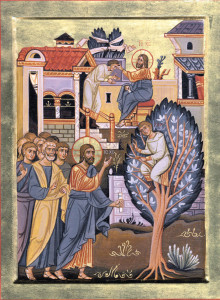 This book, chosen by the Brazilian Conference of Bishops, and the organizing committee of the World Youth Day to promote full and heartfelt participation, was intended as a preparation for this event, but it is also suitable for anyone seeking to discern a vocation.
This book, chosen by the Brazilian Conference of Bishops, and the organizing committee of the World Youth Day to promote full and heartfelt participation, was intended as a preparation for this event, but it is also suitable for anyone seeking to discern a vocation.
This volume is enriched with precious images aimed at the young, but also at all those involved in various capacities in the pastoral care of young people: priests, pastoral workers, educators, and parents will find in this book a valid and efficient support for a young person’s spiritual journey.
As the author notes in the preface, in the choice of texts, episodes are submitted to the attention of readers “which, having Jesus of Nazareth as the absolute protagonist, involved disciples and apostles, enthusiasts, both young and old who in time became courageous witnesses to the Gospel.”
Each passage from the Gospel is set in an explanatory context and commented on in a simple way. Characters are introduced and the specific terms of each episode are illustrated.
Finally, significant elements of reflection from the Catechism of the Catholic Church and the teaching of Benedict XVI and Pope Francis are proposed.
Thumbing through the pages of this book we come across memorable pages on Jesus’ mission and teachings. The starting point is the first call, the call of the Apostles, the first ones to receive the invitation to spread the new message in the world. Then come the parables (the Parable of the Sower, the Parable of the Mustard Seed), the prodigious signs (the resurrection of the young man, the calming of the storm, the multiplication of the loaves and fishes), Jesus’ direct encounters (with the rich young man and the aforesaid Zacchaeus), the great teachings of universal values (the Beatitudes, the Lord’s Prayer) and the strong experiences of the Christian adventure (Jesus’ resurrection, Pentecost).
Then the spread of the Good News from the small nucleus of the Apostles to the whole world: the conversion of St. Paul; the preaching of St. Philip the Deacon to a eunuch, the treasury official of Queen Candace of Ethiopia; the conversion of Cornelius; the life of the early Christian community and the wait for the Second Coming.
All these are basic texts for the life of every Christian, to be read and meditated on, being the very foundation of the Catholic faith.
Maria Rosa Poggio reproposes them with masterly skill, relying on her 30 years’ experience as a religion teacher in the lower and upper secondary school, which has resulted in numerous publications for adolescents. She is supported by her familiarity with theological texts and well-known biblical scholars like Xavier Leon Dufour, Cardinal Carlo Maria Martini, Raymond Brown, Bruno Forte and René Laurentin, who are mentioned in the essential bibliography at the end of the book.
In addition to being a teacher and pedagogist, Maria Rosa Poggio works as cultural anthropologist; she has studied the social cohesion, cultural contamination, communication and catechesis strategies of Brazilian Christian communities. In 2013 she published the books Symbolum: percorsi e approfondimenti sul Catechismo della Chiesa Cattolica (The Creed: Journeys and In-depth Studies in the Catechism of the Catholic Church) and Ave Maria: Vedere, conoscere e meditare i del Rosario (Hail Mary: Seeing, Knowing and Meditating on the Mysteries of the Rosary).
Like her other books, I Want You is characterized by a pedagogical approach, being structured in such a way as to enable young readers to find passages of immediate use to examine more closely, rapidly and completely. It features, as it were, a series of short lessons in theology; for each episode the author describes and analyzes the setting: the time and place of the event, the characters, who are presented in their historical setting and daily life and linked to the history of the people of Israel; and elements of reflection which are of relevance to Christian life nowadays.
The book is divided into sections, which comes in handy, since the texts, especially the most difficult ones, can be more easily examined and understood.
“Very often,” says the author, “we are accustomed to reading biblical texts as they are written or to hearing them read at Sunday Mass and having a moral commentary rather than an explanation aiming at the real meaning of the text.”
A wise pedagogist, she knows well that the teachings of the Gospel are a treasure which is always available at any moment of the Christian life and experience. That is why this text, which is also due for publication in the USA, Brazil, Columbia, France, Great Britain, Ireland and Poland, is also meant for reading in the family, in the parish and with catechists, because every single reading provides the starting point of a spiritual journey, both individual and collective.
“These texts in fact,” says Maria Rosa Poggio, “are all passages from the New Testament testifying to moments of encounter, call, discovery of faith or of a mission. In the horizon of the Gospel these texts give evidence of pre-Easter faith: they speak of men and women, apostles or disciples, common people or notables from Judea or Galilee who meet Jesus and discover His extraordinary and mysterious charisma, the fascination of somebody special acting and speaking with authority, who knows that He is the Son.
“Many of them choose to risk their lives with Jesus.
“Actually, Jesus is always the first to choose, love and call us.
“In the light of the Resurrection everything will become clearer: then they will recognize the Lord in Jesus and will be ready to give their lives for Him. That experience of faith, that call and testimony has come down to us and we are called on to spread it and transmit it to all men.”


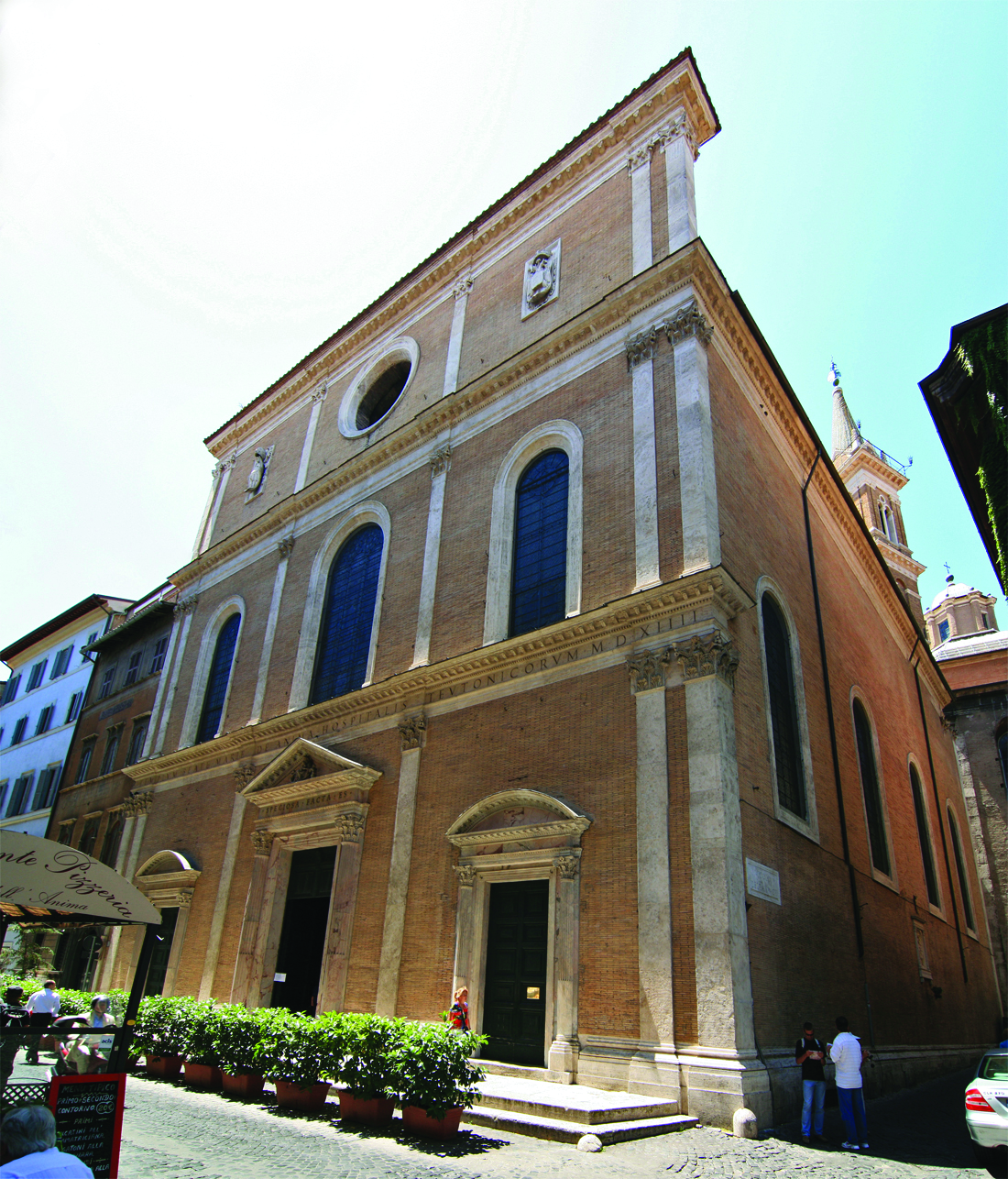
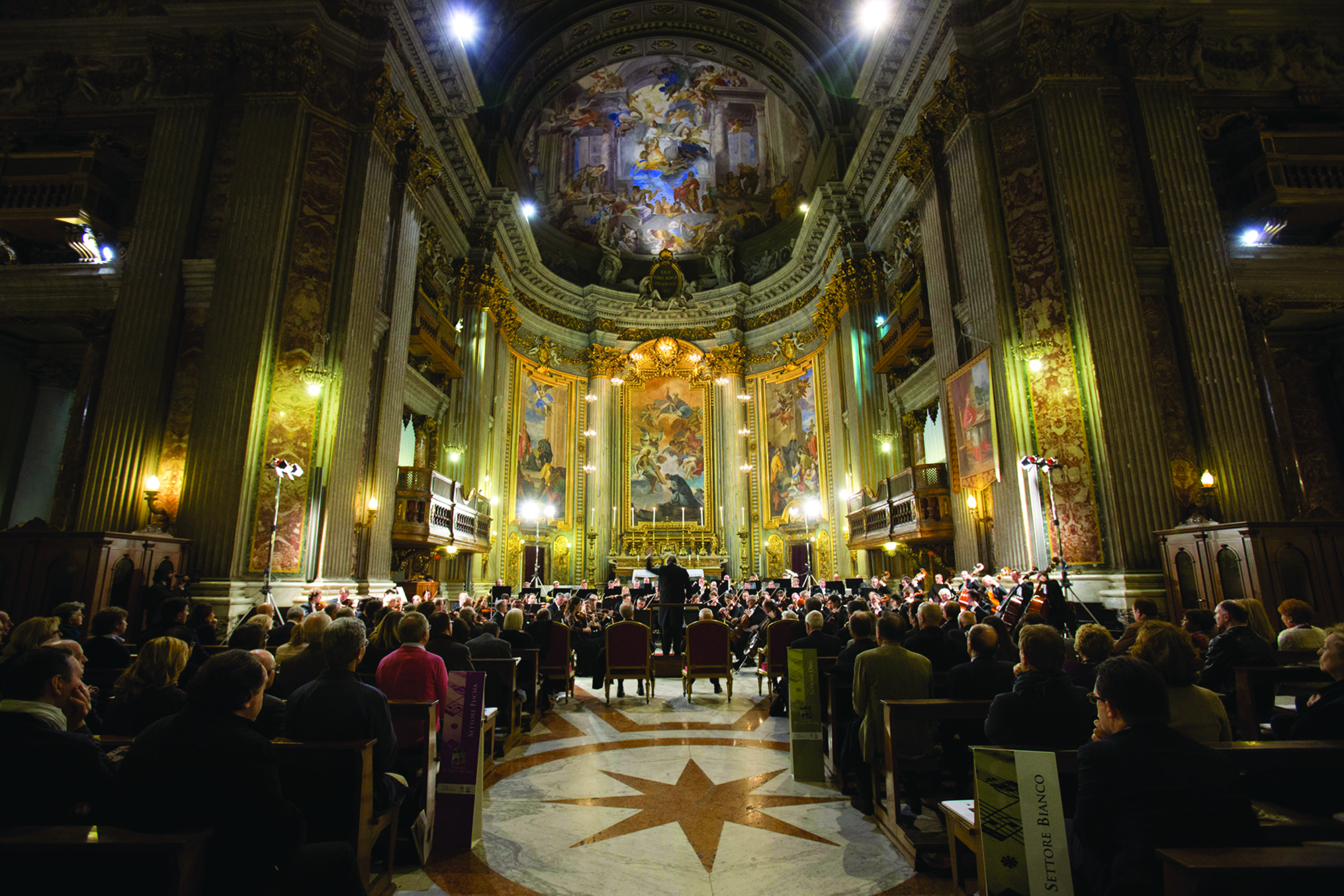
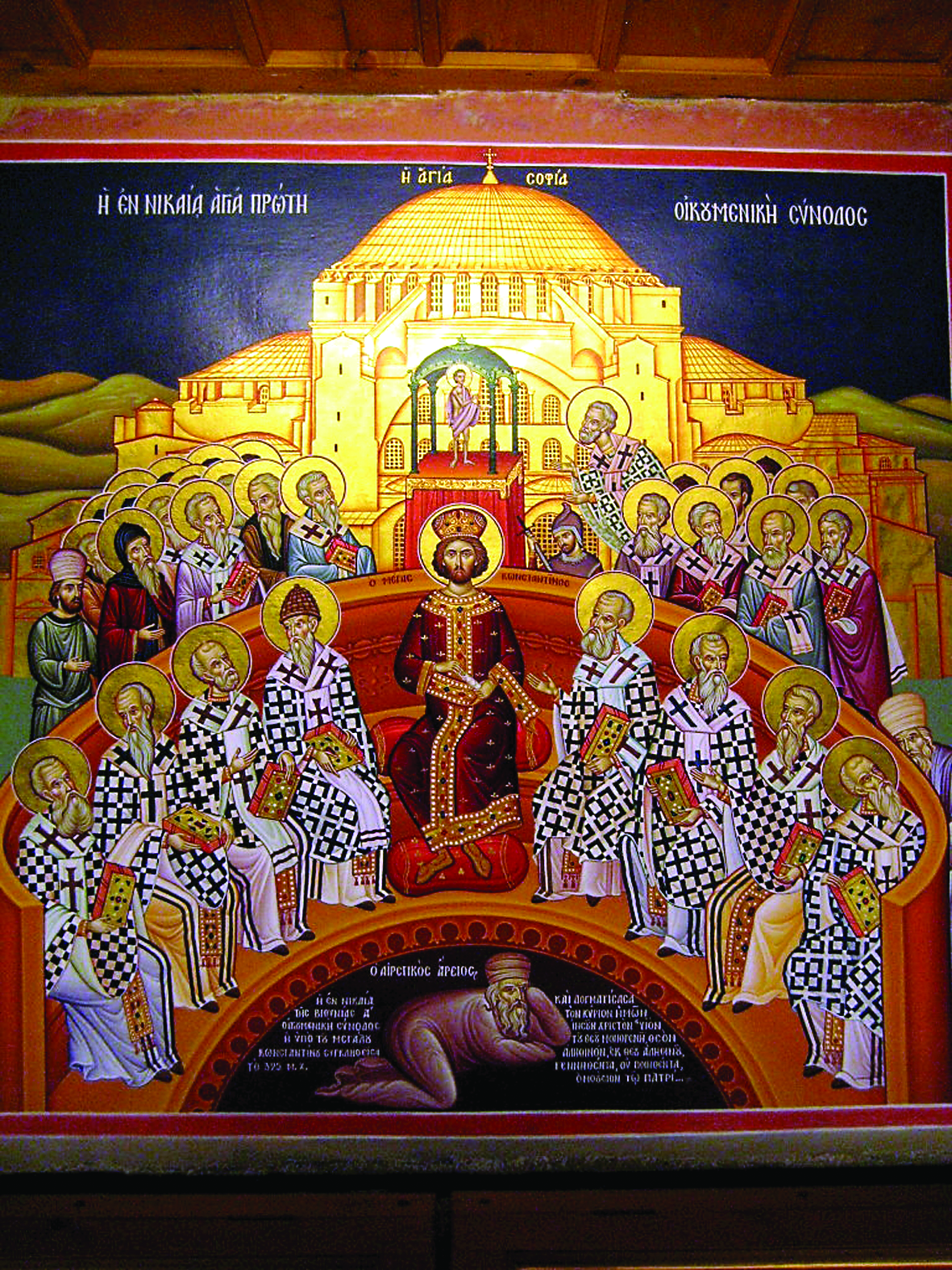
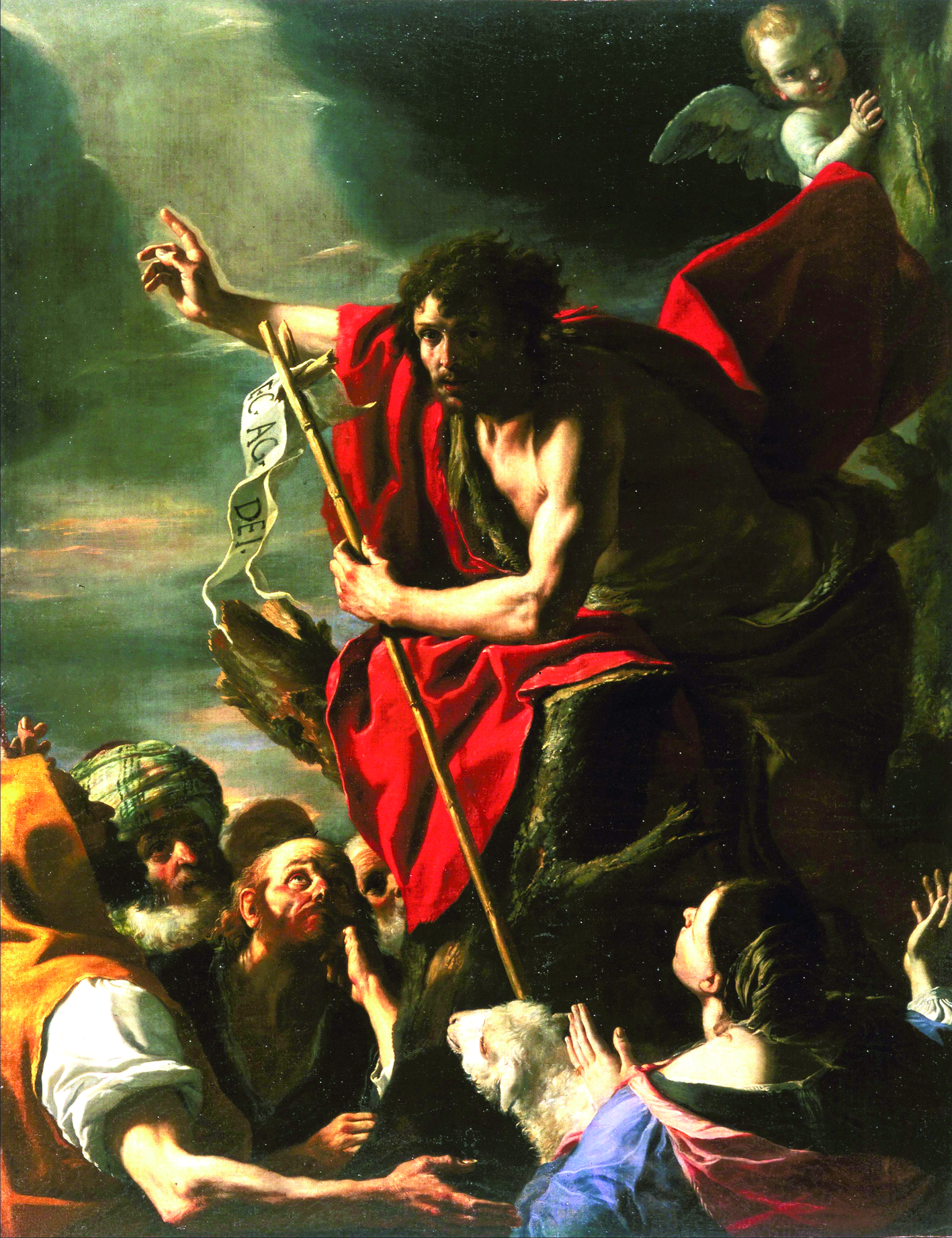
Facebook Comments